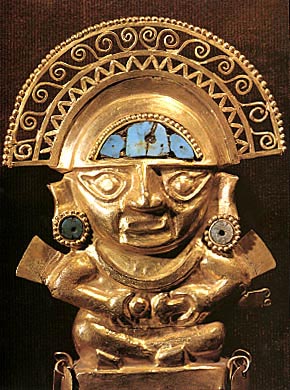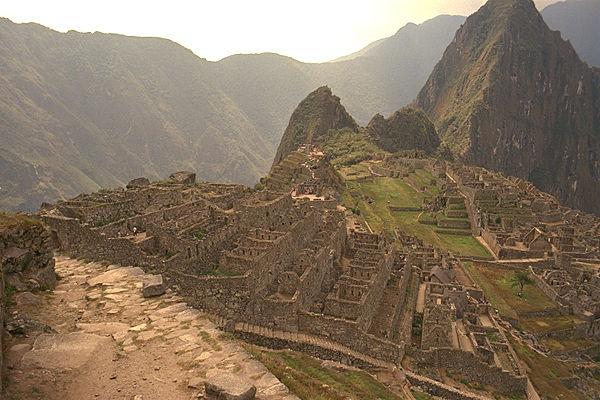
Semantic caching exploits the semantic locality of the queries by
caching a set of semantically associated results, instead of tuples or
pages which are used in conventional caching. The semantic caching
can be particularly effective in improving performance when a series
of semantically associated queries are asked, thus the results may
likely overlap orcontain one another.
Semantic Caching, View Materialization, Query Optimization
 Welcome to the INCA project home page! We, CoBase research group, aim
at building a novel semantic caching mechanism that is more
intelligent that the conventional ones.
Welcome to the INCA project home page! We, CoBase research group, aim
at building a novel semantic caching mechanism that is more
intelligent that the conventional ones.
Research Areas
Overview
 We present a new semantic caching scheme suitable for web sources.
Since the web sources have typically weaker querying capabilities than
conventional databases, it is not trivial to apply existing semantic
caching schemes directly. We provide a seamlessly integrated query
translation and capability mapping between the wrappers and web
sources in the semantic caching to cope with such difficulties and
describe several related issues. In addition, an analysis on the match
types between the user's input query and queries stored in the cache
is presented.
We show how to use semantic knowledge acquired from the
data to avoid unnecessary access to the web sources by transforming
the cache miss to the cache hit. Further, a polynomial time algorithm
based on the extended and knowledge-based matching is proposed to find
the best matched query in the cache. Finally, experimental results
are presented to illustrate the effectiveness of our proposed semantic
caching scheme and an area of application of the proposed technique is
given.
We present a new semantic caching scheme suitable for web sources.
Since the web sources have typically weaker querying capabilities than
conventional databases, it is not trivial to apply existing semantic
caching schemes directly. We provide a seamlessly integrated query
translation and capability mapping between the wrappers and web
sources in the semantic caching to cope with such difficulties and
describe several related issues. In addition, an analysis on the match
types between the user's input query and queries stored in the cache
is presented.
We show how to use semantic knowledge acquired from the
data to avoid unnecessary access to the web sources by transforming
the cache miss to the cache hit. Further, a polynomial time algorithm
based on the extended and knowledge-based matching is proposed to find
the best matched query in the cache. Finally, experimental results
are presented to illustrate the effectiveness of our proposed semantic
caching scheme and an area of application of the proposed technique is
given.
Member
Wesley W. Chu
: Principal Investigator
Dongwon Lee
: Ph.D Student
Publications
"Semantic
Caching via Query Matching for Web Sources"
In 8th ACM Int'l Conf. on Information and Knowledge Management
(CIKM), Kansas City, MO, USA, November, 1999
(ps, pdf)
"A Semantic
Caching Scheme for Wrappers in Web
Databases"
UCLA-CS-TR 990004
(ps, pdf)
" Conjunctive
Point Predicate-based Semantic Caching for Wrappers in Web
Databases"
In ACM Int'l Workshop on Web
Information and Data Management (WIDM), Washington
DC, USA, November, 1998
(ps, pdf)
" Conjunctive
Point Predicate-based Semantic Caching for Web
Databases"
UCLA-CS-TR 980030
(ps, pdf)
[Note: Photo of the Machu Picchu was taken from
here]